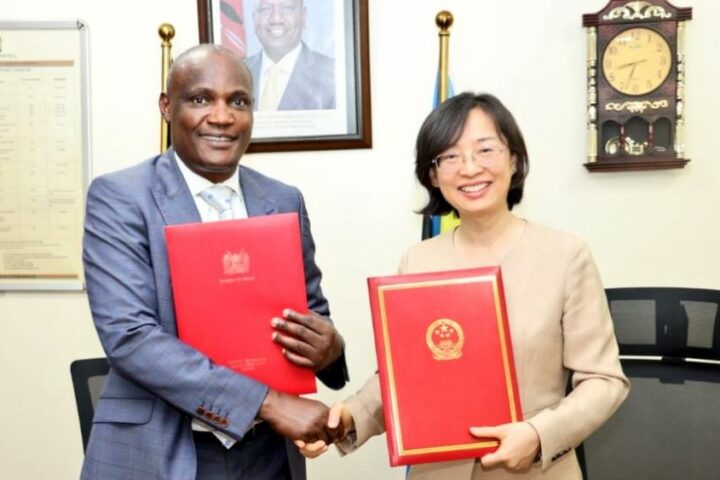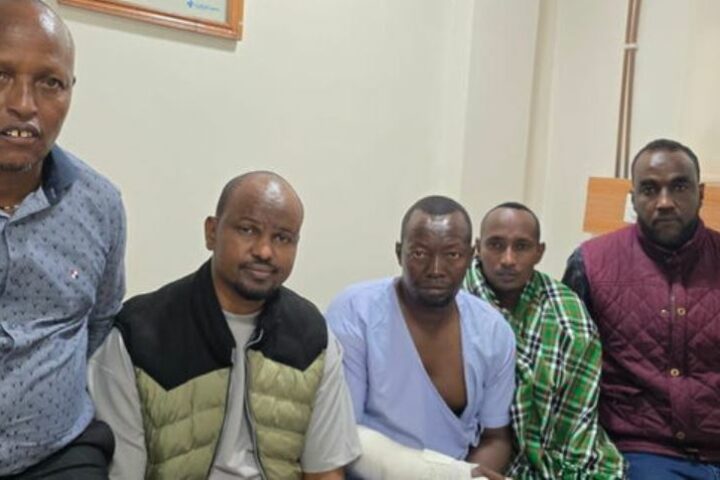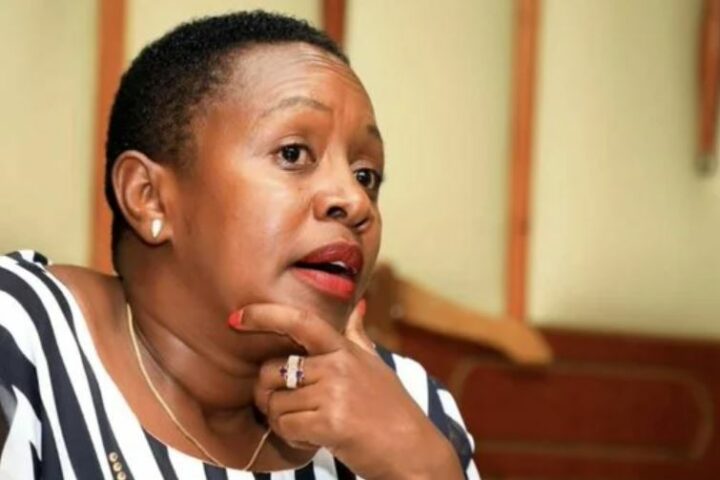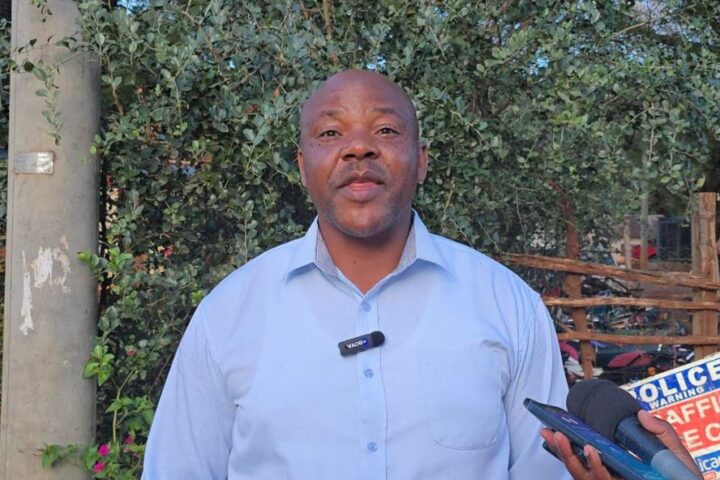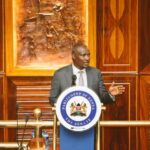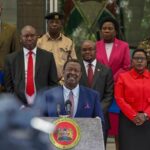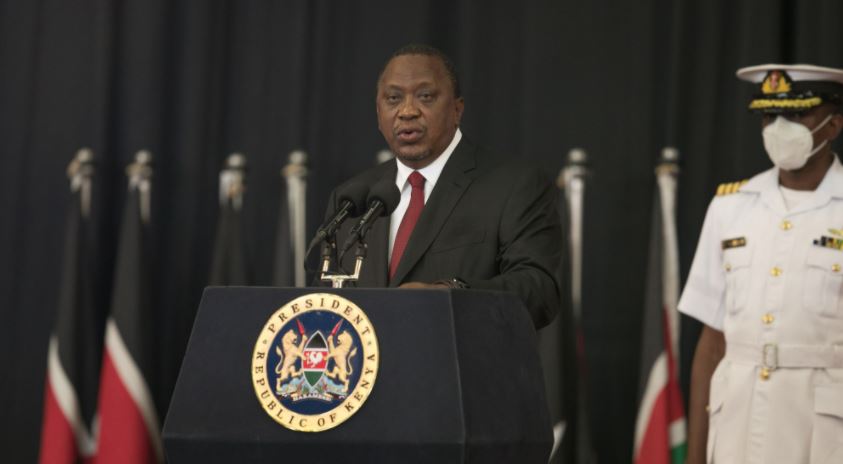 President Uhuru Kenyatta has welcomed the move by the multilateral system to provide debt relief for highly indebted developing countries as part of the global response to Covid-19.
President Uhuru Kenyatta has welcomed the move by the multilateral system to provide debt relief for highly indebted developing countries as part of the global response to Covid-19.
The President termed debt relief as one of the important interventions that has helped cushion world economies from the adverse impacts of the Coronavirus health crisis.
“I am pleased to note that the multilateral system was quick and very effective in developing a global response to Covid-19,” President Kenyatta said.
The Head of State’s message was conveyed in a recorded video statement delivered Tuesday evening during the virtual High Level Meeting of the 75th session of the UN General Assembly on ‘Financing the 2030 Agenda for Sustainable Development in the era of Covid-19 and beyond’.
The 2030 Agenda was adopted by the UN member states in 2015 and provides a shared blueprint for peace and prosperity across the world. It is premised on the seventeen Sustainable Development Goals (SDGs).
The high profile meeting was convened by UN Secretary General Antonio Guterres, Canadian Prime Minister Justin Trudeau and Jamaican Prime Minister Andrew Holness to discuss financing of the 2030 Agenda for Sustainable Development in the era of Covid-19.
President Kenyatta noted that although the pandemic has strained health systems and triggered a deep economic crisis, Covid-19 should be viewed as an opportunity for stronger international cooperation as countries work towards recovery.
He said the pandemic has presented the world with a chance to define new models of cooperation that will support sustainable health and economic recovery leading to accelerated achievement of SDGs.
As an opportunity to mobilize financing towards the achievement of the 2030 Agenda, President Kenyatta said the crisis could be used by countries as a backdrop for reforms that lead to increased tax revenues.
“Many countries are registering business and workers to enable them to access Covid-19 related economic stimulus packages. This presents an opportunity to formalize our informal sector and, therefore, broaden our tax base,” he said.
The President added that Covid-19 presents an opportunity to reform the Overseas Development Assistance (ODA) architecture.
“In this regard, we call upon the strengthening of the Multilateral Development Banks (MDBs) as indicated in the Addis Ababa Action Agenda. This will enable them play an even more important role in supporting the development agenda of low and middle-income countries,” the President pointed out.
In his opening remarks, UN Secretary-General Guterres applauded the G20 Debt Service Suspension Initiative saying it has created the much-needed fiscal relief to enable poor countries to redirect the little available resources to the fight against Covid-19.
Mr Gutteress said debt relief must not be limited only to least developed countries but expanded to include all developing and middle-income countries.
The UN Secretary-General noted with satisfaction the successes registered by African countries in the battle against Covid-19 but decried the reduced development financing on the continent saying the imbalance risks delaying the realization of SDGs.
“We will not achieve the SDGs if we don’t achieve them in Africa. We need to pay specific attention to Africa’s development financing needs,” Mr Guterres said.
Canadian Prime Minister Trudeau said his Government will continue advocating for the extension of the Debt Service Suspension Initiative.
“Building back Better means getting support to the most vulnerable while maintaining momentum of reaching the 2030 Agenda for Sustainable Development,” Prime Minister Trudeau.
International Monetary Fund Managing Director Kristalina Georgieva who also spoke during the meeting urged the G20 to expand the Debt Service Suspension Initiative to 12 billion US dollars.

